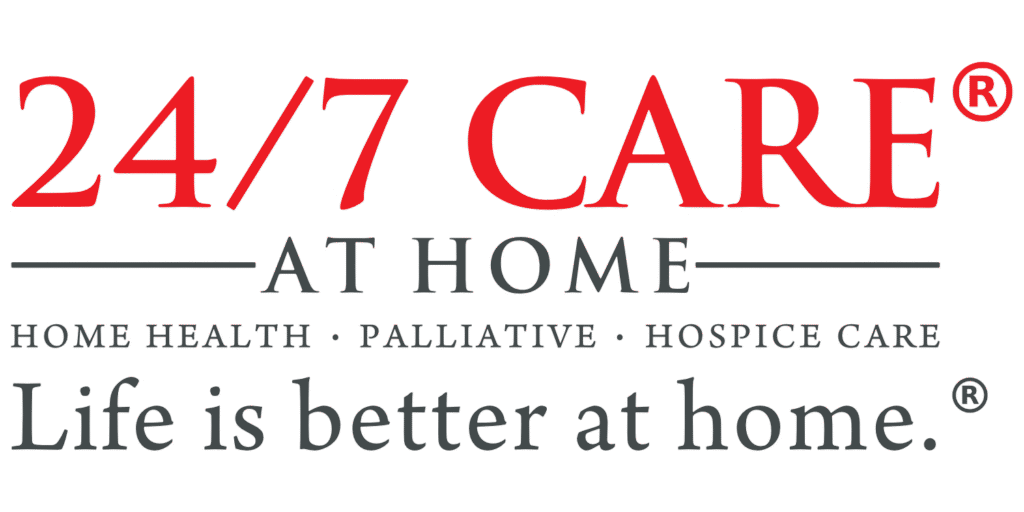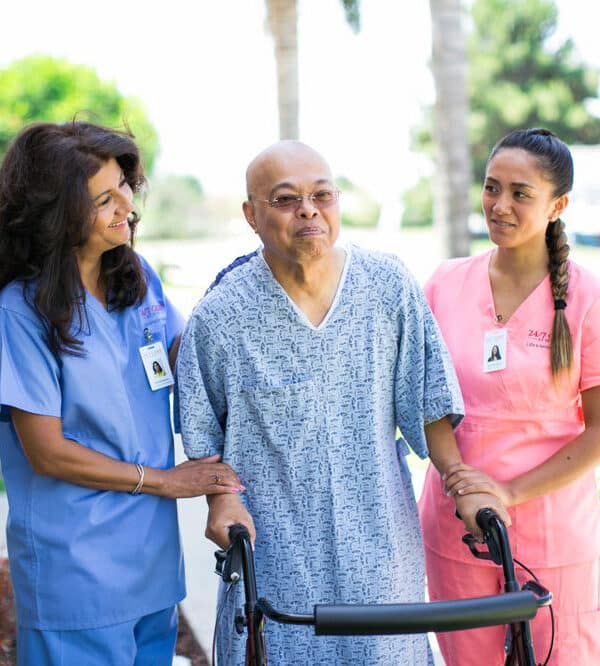Licensed Vocational Nurses (LVNs)
Licensed Vocational Nurses (LVNs) in Home Health Care
Licensed Vocational Nurses (LVNs), known as Licensed Practical Nurses (LPNs) in most states, are essential members of the healthcare team. They provide hands-on care under the supervision of Registered Nurses (RNs) and physicians, supporting patients with daily medical needs and comfort.
Role in Hospice Care
In hospice, LVNs focus on patient comfort and dignity. They assist with pain management, provide basic medical care, and offer emotional support to patients and families during end-of-life care. Their presence ensures continuous, compassionate attention.
Role in Home Health Care
For patients receiving care at home, LVNs monitor vital signs, administer prescribed medications, assist with wound care, and support patients in managing chronic conditions. They also educate families on daily care routines to help patients remain safe and comfortable at home.
Why They’re Important
LVNs bridge the gap between medical expertise and personal care. Their day-to-day involvement ensures patients receive timely support, allowing RNs and physicians to focus on more complex medical needs while maintaining high-quality, compassionate care.
Learn about Other Departments
At 24/7 Care at Home, we know there’s no better place for healing and recovery than the comfort and familiarity of your own home. Our dedicated Home Health Team provides compassionate, personalized care designed to help you successfully recover from an illness, surgery, or injury, or manage ongoing health conditions such as diabetes, heart failure, or respiratory issues—because we genuinely believe life is better at home.
Registered Nurses (RNs)
Provide skilled nursing services, including medication management, wound care, pain relief, education, and ongoing support to promote recovery and maintain independence at home.
Licensed Vocational Nurses (LVNs)
Licensed Vocational Nurses (LVNs) provide essential basic medical care to patients under the supervision of registered nurses (RNs) and physicians.
Home Health Aides (HHAs)
Offer compassionate personal care assistance, including bathing, grooming, and dressing, ensuring your comfort, safety, and dignity throughout recovery.
Physical Therapists (PTs)
Help you regain strength, balance, and mobility through individualized therapeutic exercises, enabling you to safely perform everyday activities again.
Medical Social Workers (MSWs)
Provide emotional support, counseling, and connections to community resources, addressing the social and emotional aspects of managing your health at home.
Occupational Therapists (OTs)
Assist with strategies and adaptive equipment to make daily tasks such as dressing, cooking, and bathing easier and safer, helping you reclaim your independence.
Licensed Vocational Nurse FAQ
Frequently Asked Questions
Licensed Vocational Nurses (LVNs), also called Licensed Practical Nurses (LPNs) in many states, are an essential part of hospice and home health care teams. Working under the supervision of Registered Nurses (RNs) and physicians, they provide hands-on medical support and compassionate care to patients at home or during end-of-life services. Families often wonder what LVNs do and how they differ from RNs. Below are some of the most frequently asked questions about LVNs and their role in delivering quality care.
What does a Licensed Vocational Nurse (LVN) do?
LVNs, also called LPNs in most states, provide basic medical care under the supervision of Registered Nurses (RNs) and physicians. They monitor vital signs, administer medications, assist with wound care, and support patients with daily health needs.
How do LVNs support hospice patients?
In hospice care, LVNs focus on patient comfort, dignity, and quality of life. They help manage symptoms, provide compassionate bedside care, and support families during end-of-life transitions.
What is the role of LVNs in home health care?
LVNs provide hands-on care in the home, including medication administration, monitoring health changes, and assisting patients with managing chronic conditions. They also educate families on how to support loved ones safely at home.
What’s the difference between an LVN and an RN?
LVNs have less training than Registered Nurses and work under RN or physician supervision. While RNs often create and manage care plans, LVNs provide direct day-to-day care to ensure patients’ needs are met.
Why are LVNs important in home health and hospice care?
LVNs are vital because they deliver consistent, compassionate care while supporting the broader healthcare team. Their close patient interaction ensures comfort, safety, and personalized attention.
At 24/7 Care at Home, we understand that the most important team member is you. Your active involvement and commitment truly make the difference. We empower you by providing the necessary education, tools, and ongoing support, helping you confidently manage your own health at home.



